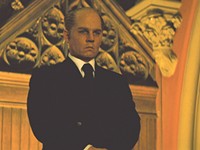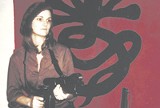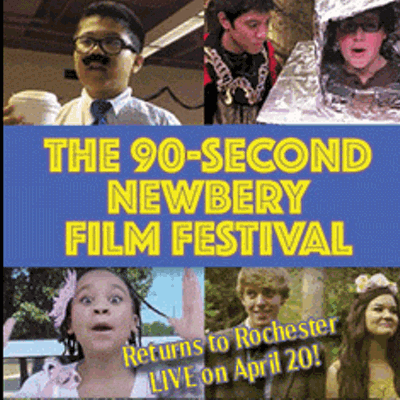[
{
"name": "500x250 Ad",
"insertPoint": "5",
"component": "15667920",
"parentWrapperClass": "",
"requiredCountToDisplay": "1"
}
]
A portion of the First Amendment to the Constitution guarantees "the right of the people peaceably to assemble and to petition the government for a redress of grievances," but it really wasn't until the war in Vietnam that the American people took full advantage of that clause. The rabid opposition to Western involvement in Southeast Asia caused the student-age population to use that right of assembly to get their voices heard and gather with others of like mind in hopes that their leaders would notice.
The United Federated Forces of the Symbionese Liberation Army, or SLA, grew out of that grassroots movement for change. It was a mixed-race, mixed-gender group of disillusioned young people with ideas and time, who fancied themselves modern-day Robin Hoods as they made plans for radical change in this country and worked under the belief that the government, led by the reviled Richard Nixon, only cared about the moneyed few. But how could they get America's attention?
Robert Stone's Guerrilla: The Taking of Patty Hearst shines a fascinating light on the SLA and what led up to its 1974 abduction of newspaper heiress Patricia Hearst, as well as the stranger-than-fiction aftermath of the crime. Through interviews with former SLA members and journalists that were covering the story, plus gripping images and footage, Stone shows how the SLA's best intentions went up in (literal) smoke.
The SLA decided that Hearst, then a 19-year-old student at UC Berkeley, should be "arrested" for the crimes of her mother and father, which would get them the press and funding that they needed to help the less fortunate. The first installment of the $300 million ransom demanded by the SLA was used to distribute food to much of the working poor in California, and it seemed as though their plan was working. Then the riots ensued.
"I have been given the choice of, one, being released in a safe area; or two, joining the forces of the SLA and fighting for my freedom and the freedom of all oppressed people. I have chosen to stay and fight."
A series of increasingly belligerent and goading taped messages from Hearst to her parents illustrate how she went from a naïve co-ed named Patty to an urban guerrilla called Tania, in homage to a compatriot of Che Guevara. The public's next vision of Hearst would be of her brandishing a weapon in the SLA's holdup of the Hibernia Bank, a crime which would eventually get her sentenced to seven years in prison.
But President Carter would order her release after 18 months. Why? Because she's uncrowned American royalty... the exact sort of frustrating entitlement that fuels groups like the SLA.
The footage of the fiery showdown in Los Angeles between the law and the SLA was arguably the first time that the TV-viewing public had seen something like that. It's pretty commonplace now, with events like the storming of the Branch Davidian compound in Waco playing out in real-time over the airwaves, but in 1975 --- and even today, actually --- the images are jawdropping.
There is one glaring omission to be found in Guerrilla, and that is the participation of Hearst herself. For whatever reason, we're denied the hindsight of the most famous kidnap victim ever (sorry, Lindbergh baby), which leaves us with some unanswered questions. Was she brainwashed into joining the SLA? Was she forced at gunpoint? Did her liberal guilt cause her to be a victim of Stockholm syndrome? Did she really believe in the mission of the SLA? And can we believe whatever she might tell us now anyway?
Guerrilla closes with some groan-inducing footage of the now-polished Hearst fielding fluffy questions on a tacky talk show, behaving like the 21st-century celebutante that only infamy and privilege can create. Meanwhile, four of her lesser-known SLA cohorts received six- to eight-year sentences in 2003 for a 1975 bank-robbery murder that probably won't get commuted by a commander-in-chief.
I've been trying to learn more about the 1960s and 1970s in this country, since I had previously thought of them as, well, boring. It's only in the last couple of years that I've begun to understand the profound effect that Vietnam and Richard Nixon had and continue to have on the generations that follow. Hell, I grew up in the '70s, and everything seemed fine out in Irondequoit. Then again, Nixon's re-election took a backseat to learning how to tie my own shoelaces, which would also go on to have a profound effect.
Guerilla: The Taking of Patty Hearst(NR) opens Friday, May 27, at the Little Theatre.
Latest in Movie Reviews
More by Dayna Papaleo
-

Festival Preview: ImageOut 2017
Oct 4, 2017 -

Film review: 'The Fate of the Furious'
Apr 17, 2017 -

Rat tales
Sep 23, 2015 - More »





